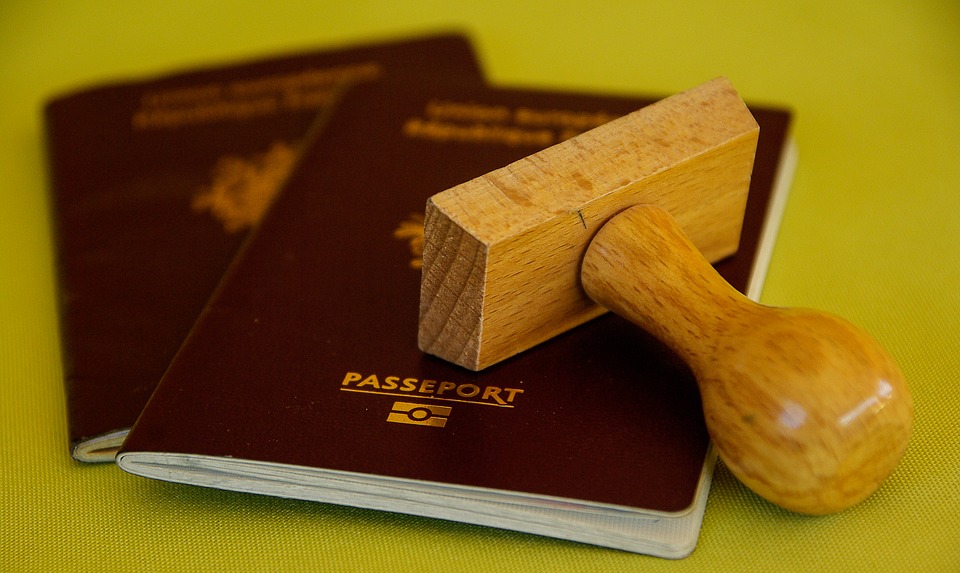As ‘Brexit’ referendum date is approaching, a growing number of UK citizens permanently residing in other European countries, notably France, is thinking about obtaining citizenship of the country of permanent residence. That is the conclusion drawn by Bloomberg’s experts, who not only assessed the public data of the relevant departments, but also met with those who are in a hurry to get the treasured before June 23, that is, the referendum day.
There are about 1.2 million citizens of Britain in the EU. The largest British communities are located in Spain, Ireland, France and Germany (a total of about 852 thousand people). Most of them have not even thought about getting a second citizenship before. However, some of them say, they just cannot risk. The British used to consider many European legal rights as their own – there are the right to residence, employment, access to health care and many other. If Britain, however, refuses the European Union membership, it would mean that many of the rights will be the subject of negotiations between London and Brussels. The government itself admits that, if the negotiations are not successful, maintaining such rights would be impossible.
"There are some things that just cannot be put at risk, especially if your family life and your livelihood are in doubt," - said the owner of an English language school in Paris in an interview with Bloomberg. She is married to a Frenchman and has two children with dual citizenship.
French officials also underpin fears and concerns. Speaking in London last week, French Economy Minister Emmanuel Macron noted that ‘Brexit’ would have the most negative consequences for the British living in France. Quitting would turn the United Kingdom into "Hong Kong, Jersey or Guernsey." "Leave the club, and you will be alone," - he said in his speech.
However, British keep French citizenship as a "plan B" since it takes too much time. If you apply now, the answer can be expected in a year only. "Plan A" is participation in the referendum, although it is not the easy way, either. The British legislation does not allow citizens who have lived abroad for more than 15 years to participate in the referendum. Now these citizens are coming together and fighting for their rights. Simultaneously, they are trying to explain to government (which is not looking forward to ‘Brexit’), that the British living in Europe are the most active and steadfast supporters of continued membership in the EU, so they should become allies, not enemies.
source: bloomberg.com
There are about 1.2 million citizens of Britain in the EU. The largest British communities are located in Spain, Ireland, France and Germany (a total of about 852 thousand people). Most of them have not even thought about getting a second citizenship before. However, some of them say, they just cannot risk. The British used to consider many European legal rights as their own – there are the right to residence, employment, access to health care and many other. If Britain, however, refuses the European Union membership, it would mean that many of the rights will be the subject of negotiations between London and Brussels. The government itself admits that, if the negotiations are not successful, maintaining such rights would be impossible.
"There are some things that just cannot be put at risk, especially if your family life and your livelihood are in doubt," - said the owner of an English language school in Paris in an interview with Bloomberg. She is married to a Frenchman and has two children with dual citizenship.
French officials also underpin fears and concerns. Speaking in London last week, French Economy Minister Emmanuel Macron noted that ‘Brexit’ would have the most negative consequences for the British living in France. Quitting would turn the United Kingdom into "Hong Kong, Jersey or Guernsey." "Leave the club, and you will be alone," - he said in his speech.
However, British keep French citizenship as a "plan B" since it takes too much time. If you apply now, the answer can be expected in a year only. "Plan A" is participation in the referendum, although it is not the easy way, either. The British legislation does not allow citizens who have lived abroad for more than 15 years to participate in the referendum. Now these citizens are coming together and fighting for their rights. Simultaneously, they are trying to explain to government (which is not looking forward to ‘Brexit’), that the British living in Europe are the most active and steadfast supporters of continued membership in the EU, so they should become allies, not enemies.
source: bloomberg.com



















